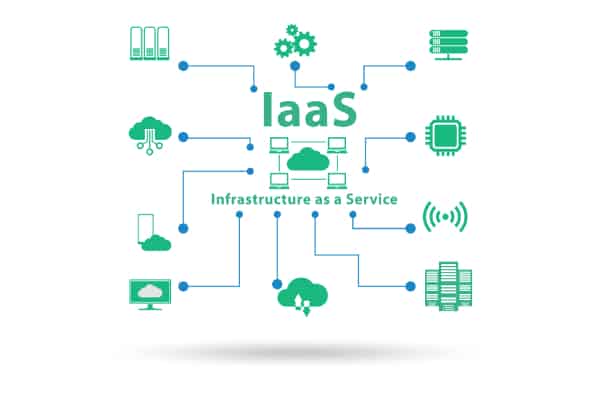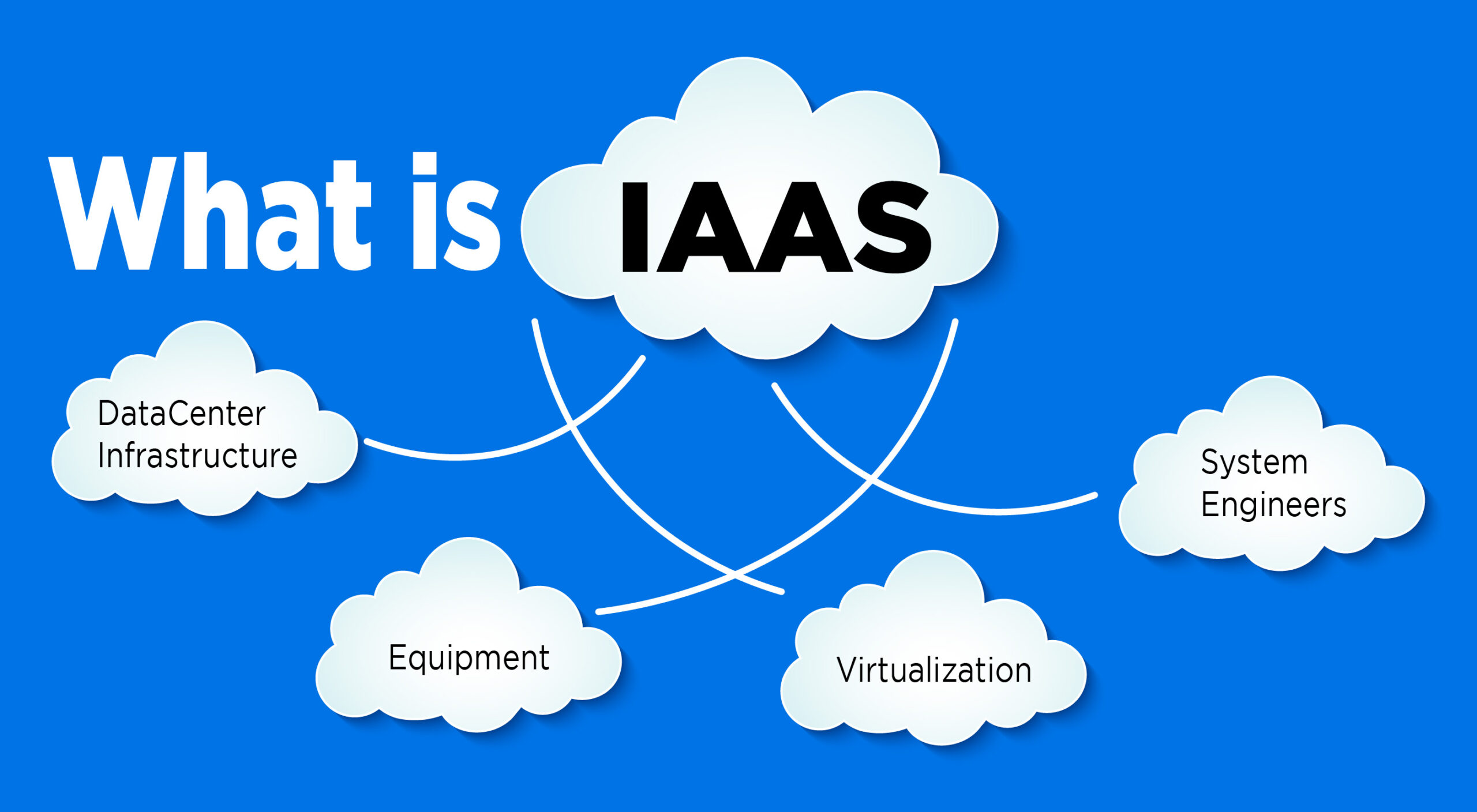There are many “infrastructure as a service” use cases helping industry leaders today to promote efficiency and fuel digital transformation in their enterprises. IaaS is a cloud computing application that supports multiple business operations such as storage, hardware, servers, and networking components, by providing access to computing resources via a virtualized cloud-based environment.
IaaS is the most adaptable of all potential cloud models, and this article will highlight the top 6 incredibly beneficial infrastructure as a service use cases.
Leading Infrastructure as a Service Use Cases
In several scenarios, Infrastructure as a service is helpful for the backup and storage of data and the management of varying storage requirements. It’s also faster and cheaper in setting up test and development environments.
If you engage with Big Data frequently, IaaS can dramatically enhance your processing capabilities and can also help you focus on company growth and achieving essential business goals. Consider the most significant IaaS use cases:
Enabling add-on services
IaaS offers consumers a wide variety of services on top of the infrastructure, including computing as a service, recovery as a service, analytics, BI as a service, and more.
Big data
IaaS provides an excellent environment for extensive data management since it can handle high workloads and can combine with business intelligence instruments. This provides insights on businesses that may help users identify trends, strengthen consumer connections, and generate new goods and services.
Disaster Recovery
You can easily integrate heterogeneous disaster recovery systems into a virtualized disaster recovery environment with a resilient and scalable infrastructure layer. This diversification of the backup systems allows organizations to ensure data safety.
Testing
The computational and networking capabilities of IaaS make it an ideal place for test and development cycles to run and get managed. You can trust IaaS in running business-critical projects more quickly with more computational resources scalability.
Network Services
Mainly, IaaS providers are moving to provide networking-as-a-service, since the network continues to expand in complexity. This might be for a short-term large data project or continuing projects. You can open up internal IT personnel to other priorities.
Hosting Complex Websites
Although IaaS is not always suitable for small websites, it is the best platform for more complicated online projects. For sites with highly variable traffic in particular.
Top Venders of Infrastructure as a Service
IaaS is the best alternative for you if you want more flexibility and control over the use of your applications. You can expect considerable control over infrastructure resources when you buy an IaaS service.
Before shifting your business infrastructure to the cloud, evaluate service providers, consider business needs, such as experience, guarantees of availability, affordability, and security certifications. Providers that assist and make moving workloads between the cloud environment straightforward allow you to enhance efficiency and distinguish yourself from the competition.




